
Rawai: The Serene Coastal Gem of Phuket
Rawai, situated on the southern tip of Phuket, offers a tranquil escape from the island's busier tourist hubs. Known for its picturesque beaches and laid-back atmosphere, Rawai is perfect for those looking to unwind and soak up the natural beauty of Thailand. One of the highlights of Rawai is its vibrant seafood market. Here, visitors can select fresh catches straight from the ocean and have them cooked to order at nearby restaurants. This culinary experience is a must-try for seafood lovers. Additionally, the long-tail boats docked along the shore offer a perfect backdrop for stunning photographs. Nai Harn Beach, located just a short drive from Rawai, is another gem in the area. This pristine beach is ideal for swimming, sunbathing, and enjoying water sports. The nearby Promthep Cape provides breathtaking views of the Andaman Sea, especially during sunset, making it a popular spot for both locals and tourists. For those interested in culture, the Rawai area is home to several temples and local markets. Wat Chalong, the largest and most important Buddhist temple in Phuket, is just a short distance away and offers a glimpse into the spiritual life of the island. The local markets, vibrant with colors and aromas, are perfect for picking up souvenirs and sampling local delicacies.
Local tips in Rawai
- Visit the seafood market early in the morning for the freshest catches and best selection.
- Promthep Cape is best visited during sunset for breathtaking views and photo opportunities.
- Rent a scooter for the day to explore nearby beaches and attractions at your own pace.
- Don't miss out on trying local Thai dishes at the markets, especially the spicy papaya salad.
- Respect local customs when visiting temples; dress modestly and remove your shoes before entering.
Rawai: The Serene Coastal Gem of Phuket
Rawai, situated on the southern tip of Phuket, offers a tranquil escape from the island's busier tourist hubs. Known for its picturesque beaches and laid-back atmosphere, Rawai is perfect for those looking to unwind and soak up the natural beauty of Thailand. One of the highlights of Rawai is its vibrant seafood market. Here, visitors can select fresh catches straight from the ocean and have them cooked to order at nearby restaurants. This culinary experience is a must-try for seafood lovers. Additionally, the long-tail boats docked along the shore offer a perfect backdrop for stunning photographs. Nai Harn Beach, located just a short drive from Rawai, is another gem in the area. This pristine beach is ideal for swimming, sunbathing, and enjoying water sports. The nearby Promthep Cape provides breathtaking views of the Andaman Sea, especially during sunset, making it a popular spot for both locals and tourists. For those interested in culture, the Rawai area is home to several temples and local markets. Wat Chalong, the largest and most important Buddhist temple in Phuket, is just a short distance away and offers a glimpse into the spiritual life of the island. The local markets, vibrant with colors and aromas, are perfect for picking up souvenirs and sampling local delicacies.
Iconic landmarks you can’t miss
Windmill Viewpoint
Discover breathtaking views and cultural charm at Windmill Viewpoint, a must-visit scenic spot in Phuket, Thailand.
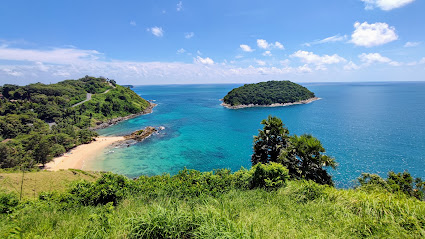
Rawai Beach
Discover the tranquility and beauty of Rawai Beach in Phuket, a perfect destination for relaxation, adventure, and authentic local experiences.
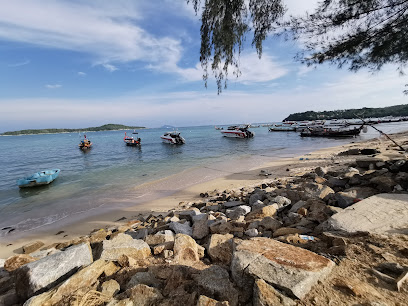
Chalong Pier Meeting Point
Discover Chalong Pier in Phuket, your gateway to breathtaking island adventures, local charm, and stunning sunsets on the Andaman Sea.
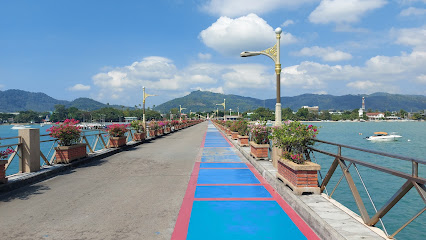
Ra Wai Beach
Discover the tranquility of Ra Wai Beach in Phuket, a serene haven for sunbathing, swimming, and savoring local seafood amidst stunning tropical scenery.
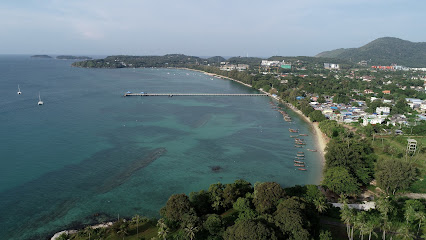
Rawai Park
Experience the ultimate family fun at Rawai Park, a water park and playground in Phuket, offering thrilling attractions for all ages in a tropical setting.
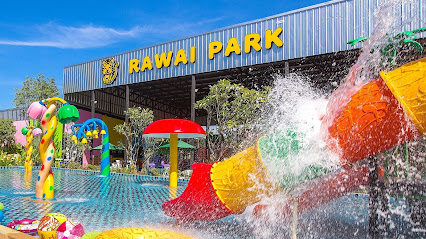
Rawai Pier
Discover the serene beauty of Rawai Pier, your gateway to island adventures and authentic Thai coastal culture in Phuket.
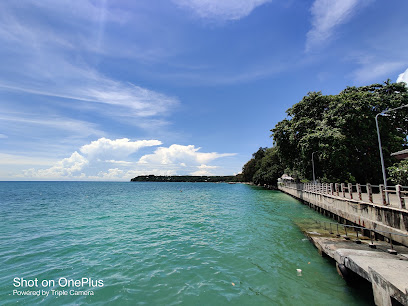
Phuket Art Village
Explore your artistic side at Phuket Art Village, a vibrant hub of creativity and culture in the heart of Rawai, Phuket.
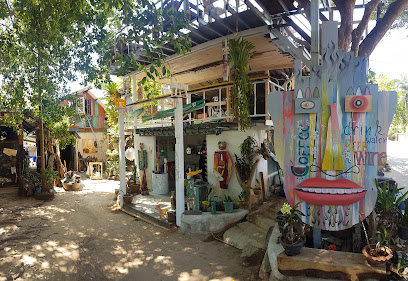
Phra Phrom Square
Explore Phra Phrom Square, a serene Hindu temple in Phuket, where culture, spirituality, and stunning architecture converge in a tranquil setting.
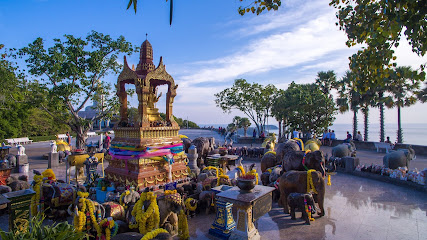
Laem Ka Beach
Experience tranquility at Laem Ka Beach, a hidden paradise in Phuket offering stunning views, soft sands, and a peaceful atmosphere for relaxation.
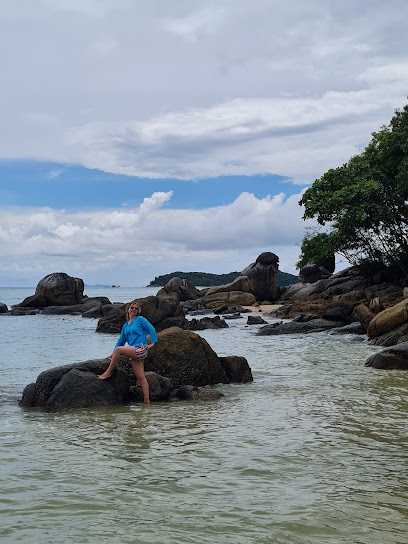
Sunset Viewpoint
Experience the mesmerizing sunsets and breathtaking views at Sunset Viewpoint in Rawai, Phuket – a must-visit for all nature lovers.
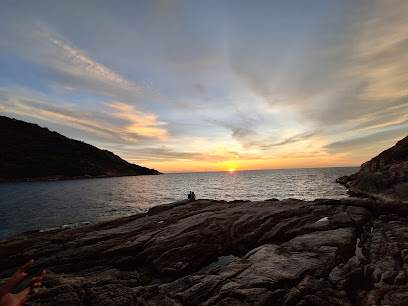
Unmissable attractions to see
The Big Buddha, Phuket
Experience the tranquility and stunning views at the Big Buddha in Phuket, a must-visit landmark blending spirituality and breathtaking scenery.
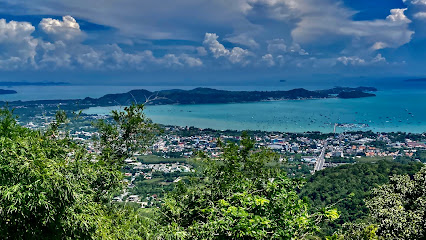
Karon View Point
Discover the stunning vistas of Karon View Point, a must-see scenic spot in Phuket, offering breathtaking views of the Andaman Sea.
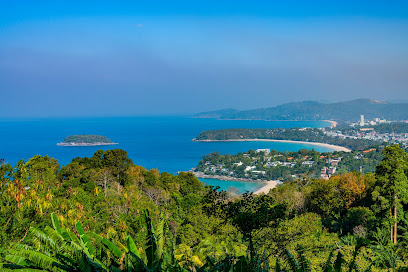
Windmill Viewpoint
Experience stunning panoramic views and cultural insights at Windmill Viewpoint, a must-visit scenic spot in the heart of Phuket.
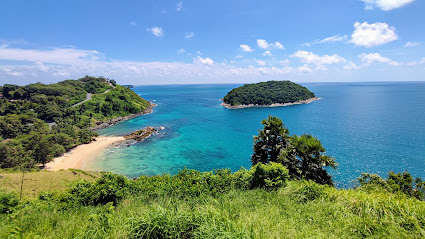
Nai Harn Beach, Phuket
Experience the stunning beauty of Nai Harn Beach in Phuket, where golden sands meet azure waters and vibrant local culture flourishes.
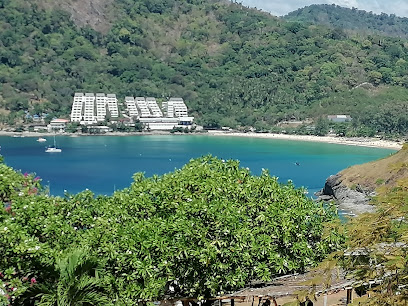
SKYLINE ADVENTURE PHUKET
Experience the thrill of zip-lining and adventure activities at Skyline Adventure Phuket, where excitement meets stunning natural beauty.
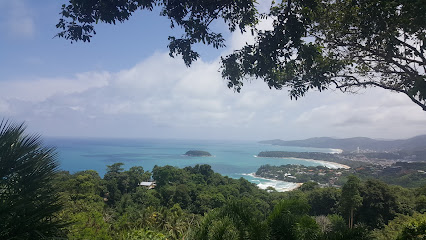
Sangchai Beach
Discover the tranquil beauty of Sangchai Beach in Rawai, Phuket – a perfect escape for sunbathing, swimming, and savoring local seafood.
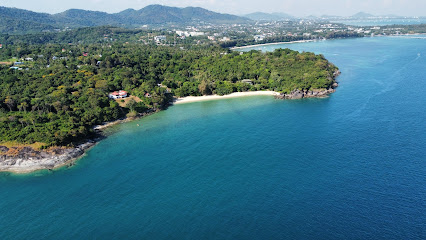
Rawai Chaloem Phra Kiat Park
Experience the serene beauty and cultural richness of Rawai Chaloem Phra Kiat Park, a hidden oasis in Phuket's vibrant landscape.
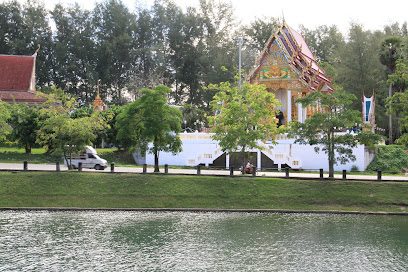
Laem Ka Beach
Escape to Laem Ka Beach in Rawai, Phuket, where serene sands and crystal-clear waters create the perfect tropical getaway.
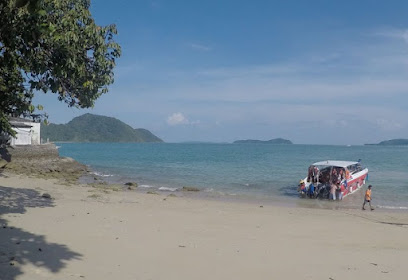
หาดกิ่งสาลิกา
Discover the serene beauty of Rawai Beach in Phuket, where stunning views meet vibrant local culture and delectable seafood.
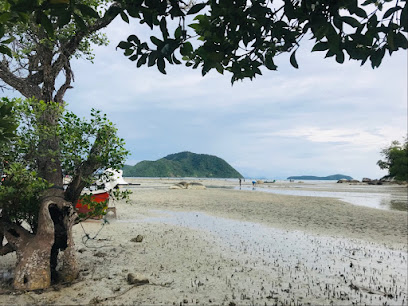
Malaipink Elephant
Experience the beauty of nature and the charm of elephants at Malaipink Elephant Sanctuary in Rawai, Phuket, a must-visit for animal lovers.
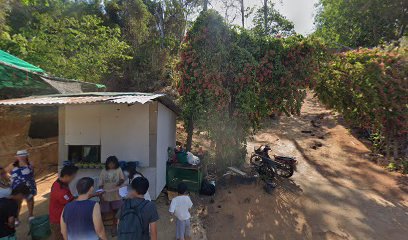
Essential places to dine
Nikita's Beach Restaurant
Experience exquisite dining at Nikita's Beach Restaurant in Rawai - where fresh seafood meets authentic Thai cuisine with breathtaking ocean views.
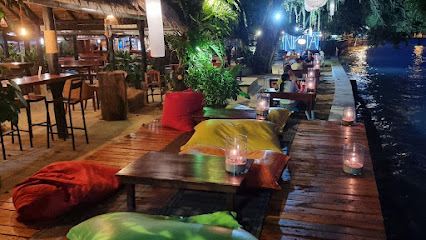
Rawai View
Discover authentic Thai flavors amidst stunning sea views at Rawai View in Phuket.
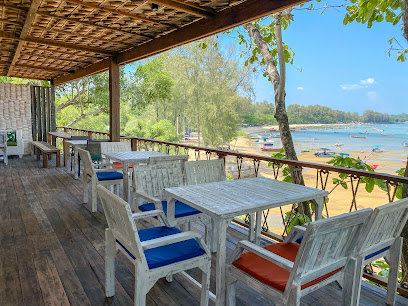
Rossovivo Ristorante
Indulge in exquisite Italian flavors at Rossovivo Ristorante in Rawai, Phuket – your destination for authentic cuisine and unforgettable dining experiences.
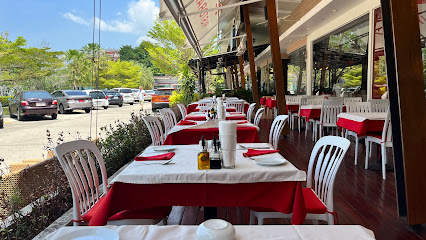
Fresca Kitchens & Deli
Discover exquisite steak and seafood at Fresca Kitchens & Deli in Rawai, Phuket - where culinary artistry meets local flavors.
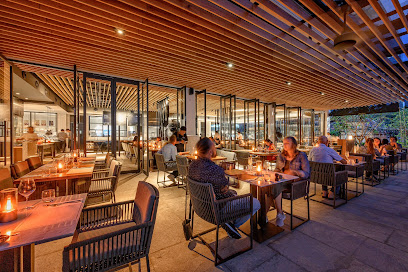
Highway Curry - Authentic Indian | Thai | Vegan | Rawai, Phuket
Discover authentic Indian and Thai flavors at Highway Curry in Rawai – a must-visit for vegan and vegetarian delights.
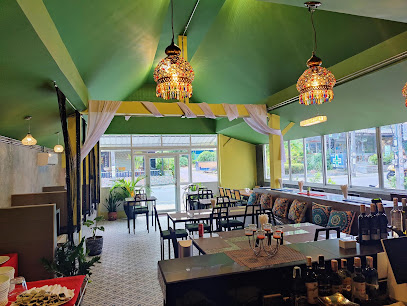
Rustic and Blue - By The Sea
Discover a culinary gem in Rawai where exquisite flavors meet breathtaking ocean views at Rustic and Blue - By The Sea.
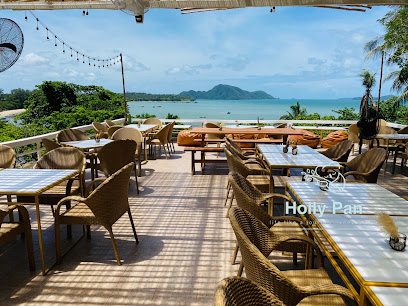
Kook restaurant
Discover Kook Restaurant in Rawai - where Thai flavors meet Italian classics in a cozy setting.
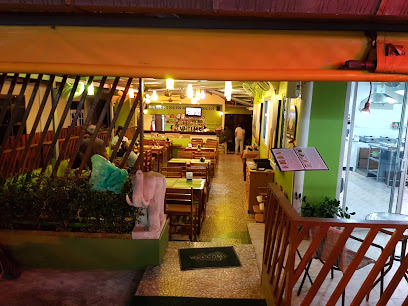
Happy Jack GASTROBAR
Experience the vibrant flavors of Phuket at Happy Jack GASTROBAR—where culinary creativity meets warm hospitality.
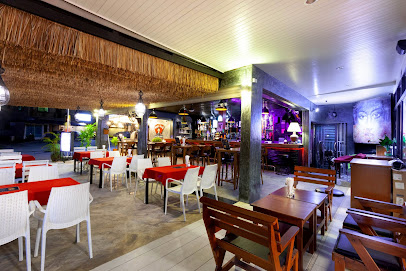
Archee Restaurant
Experience authentic Thai flavors at Archee Restaurant in Rawai – a culinary gem for tourists seeking local cuisine.
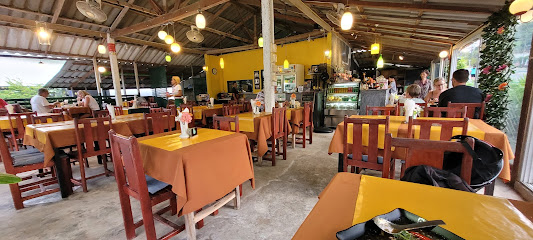
Unique Dining
Discover Unique Dining in Rawai: A blend of authentic Thai flavors and inviting ambiance awaits you.
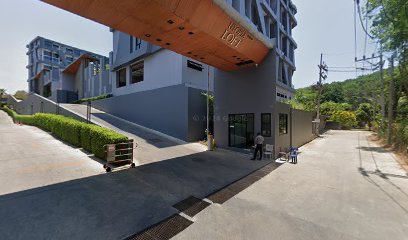
Markets, malls and hidden boutiques
Phuket High
Discover quality cannabis products and a welcoming atmosphere at Phuket High, Rawai's premier cannabis store, perfect for enthusiasts and newcomers alike.
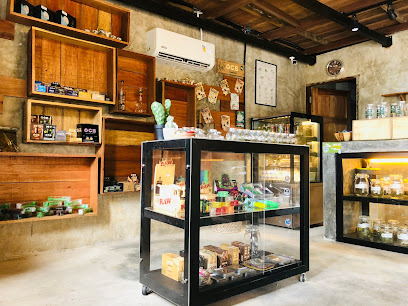
Rawai Palm Tailor
Experience bespoke tailoring at Rawai Palm Tailor, where your fashion dreams come to life with unique, custom-made garments crafted by skilled artisans.
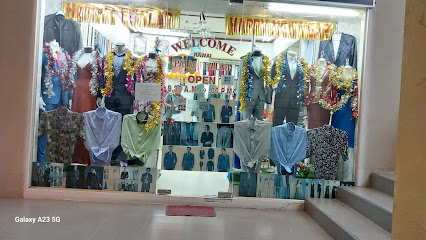
Organic Lover Shop
Discover the Organic Lover Shop in Rawai, Phuket – your go-to destination for fresh organic produce and health-conscious products.
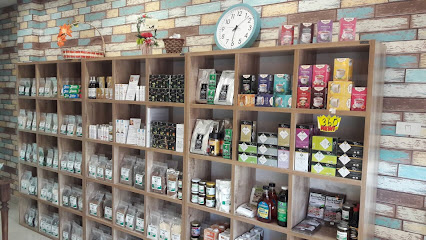
Second Hand Books
Discover a world of stories at Second Hand Books in Rawai, where every book has a tale to tell and travelers find community.
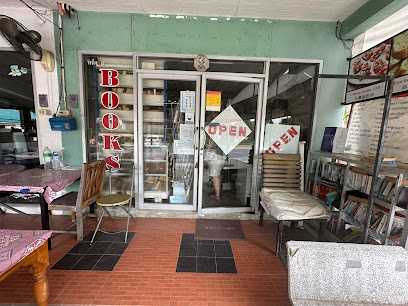
The Smoking Pineapples
Explore the vibrant cannabis culture at The Smoking Pineapples in Rawai, Phuket, offering quality products and a welcoming atmosphere.
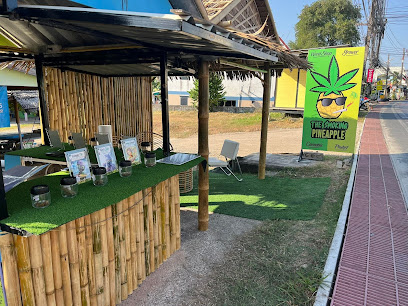
Second hand shop
Explore Rawai's Second Hand Shop for unique vintage finds and eclectic home goods that tell a story, perfect for souvenirs and decor.
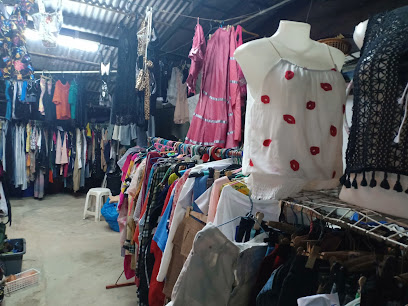
蓝鲸潜水中心
Explore the vibrant underwater world at 蓝鲸潜水中心, Phuket's premier diving center offering unforgettable marine adventures.
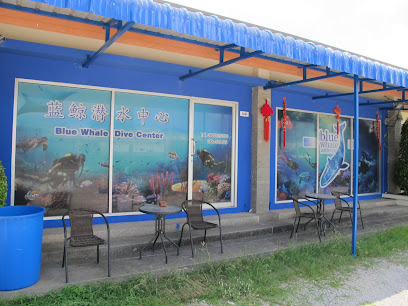
Wood-Mizer
Explore the cultural richness of Wood-Mizer in Rawai, Phuket, where local craftsmanship meets unique shopping experiences.
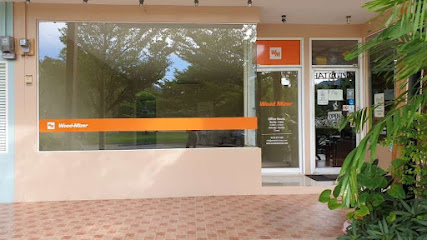
Somtawin Beach Shop
Explore Somtawin Beach Shop in Rawai for unique souvenirs, local crafts, and a taste of Phuket’s vibrant culture, ensuring unforgettable memories.
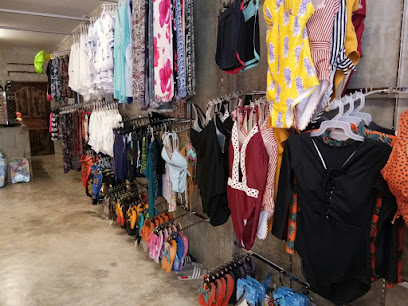
All Cotton
Discover All Cotton in Rawai, Phuket - a unique clothing store offering quality apparel and a taste of local fashion.
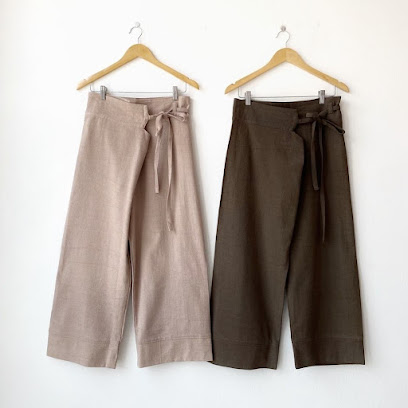
Essential bars & hidden hideouts
Paradise Beach Bar
Experience the ultimate tropical getaway at Paradise Beach Bar, where stunning views and delicious cocktails blend seamlessly in the heart of Phuket.
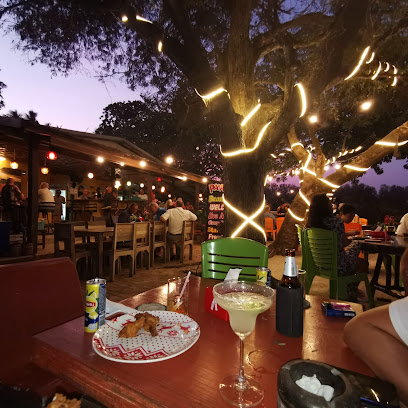
Rawai Reggae Bar
Discover the vibrant atmosphere of Rawai Reggae Bar in Phuket, where reggae beats and refreshing drinks create the ultimate island vibe.
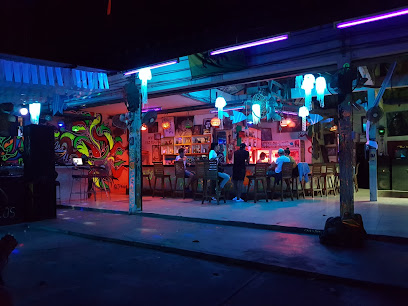
BANK Bar Rawai
Discover the lively BANK Bar Rawai, where refreshing cocktails and a vibrant atmosphere create unforgettable nights in Phuket.
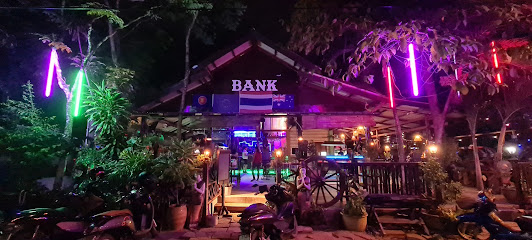
Ole Bar
Discover the vibrant nightlife of Phuket at Ole Bar, a lively hotspot for cocktails, dancing, and unforgettable memories.
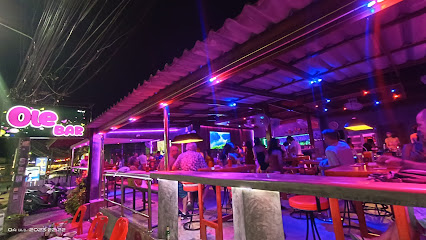
Candy bar Rawai
Experience the vibrant nightlife of Rawai at Candy Bar - a social hotspot for cocktails, camaraderie, and unforgettable moments.
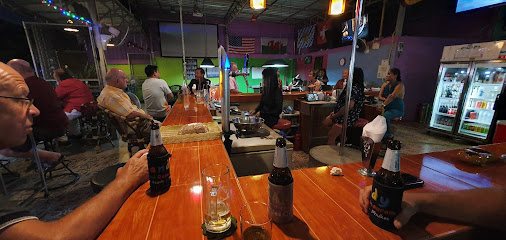
The Future Bar
Experience the vibrant nightlife at The Future Bar in Rawai, Phuket, where great drinks and a lively atmosphere await every visitor.
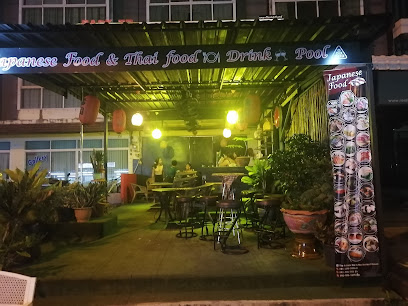
The Free Bird Bar
Experience the vibrant nightlife at The Free Bird Bar in Rawai, where tropical cocktails, live music, and delicious bites create unforgettable moments.
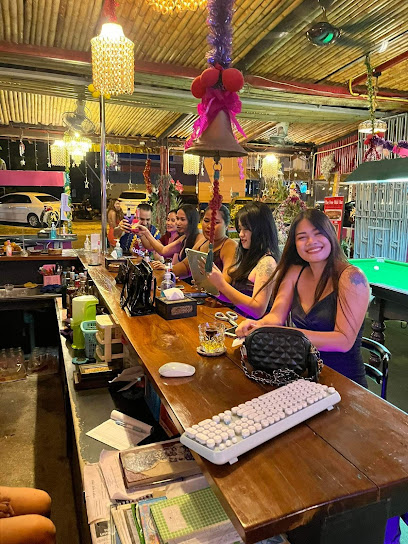
Nanny Bar
Experience the vibrant nightlife of Phuket at Nanny Bar, featuring exquisite cocktails, stunning views, and a lively atmosphere.
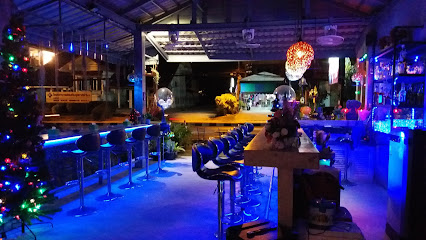
Friends Bar @Rawai
Experience the vibrant nightlife at Friends Bar @Rawai, where tropical cocktails and a friendly atmosphere await you in Phuket.
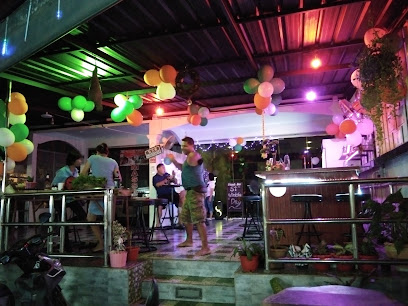
Crazy Bar
Experience the vibrant nightlife at Crazy Bar in Rawai, Phuket, where unforgettable moments and delightful drinks await you.
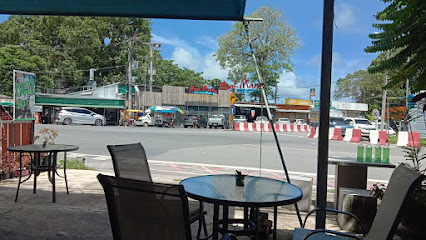
Local Phrases
-
- Helloสวัสดี
[sawasdee] - Goodbyeลาก่อน
[laa kon] - Yesใช่
[chai] - Noไม่
[mai] - Please/You're welcomeโปรด/ยินดี
[proht/yindee] - Thank youขอบคุณ
[khob khun] - Excuse me/Sorryขอโทษ
[khaw toht] - How are you?สุขสันต์ไหม
[suk san mai] - Fine. And you?สบายดีค่ะ คุณละ
[sabai dee ka kun la] - Do you speak English?คุณพูดภาษาอังกฤษได้ไหม
[kun poot paa saa angkrit dai mai] - I don't understandฉันไม่เข้าใจ
[chan mai khao jai]
- Helloสวัสดี
-
- I'd like to see the menu, pleaseขอดูเมนูหน่อย
[khaw duu menu noi] - I don't eat meatฉันไม่กินเนื้อ
[chan mai gin neuua] - Cheers!ชน
[chon] - I would like to pay, pleaseขอจ่ายเงินหน่อย
[khaw jai ngern noi]
- I'd like to see the menu, pleaseขอดูเมนูหน่อย
-
- Help!ช่วยด้วย
[chuay duay] - Go away!ไปหายไป
[pai hai pai] - Call the Police!โทรตำรวจ
[thor tamruat] - Call a doctor!โทรหมอ
[thor mor] - I'm lostฉันเสียหาย
[chan sia hai] - I'm illฉันไม่สบาย
[chan mai sabai]
- Help!ช่วยด้วย
-
- I'd like to buy...ฉันอยากซื้อ...
[chan yak suu...] - I'm just lookingฉันแค่ดู
[chan kae duu] - How much is it?ราคาเท่าไหร่
[ra kaa thao rai] - That's too expensiveแพงเกินไป
[paeng kuen pai] - Can you lower the price?ลดราคาหน่อยได้ไหม
[lot ra kaa noi dai mai]
- I'd like to buy...ฉันอยากซื้อ...
-
- What time is it?ตอนนี้กี่โมง
[ton nee kee mong] - It's one o'clockเป็นโมง
[pen mong] - Half past (10)สามสิบครึ่ง
[saam sip khrung] - Morningเช้า
[chao] - Afternoonบ่าย
[bai] - Eveningเย็น
[yen] - Yesterdayเมื่อวาน
[meua waan] - Todayวันนี้
[wan nee] - Tomorrowพรุ่งนี้
[phrung nee] - 1หนึ่ง
[neung] - 2สอง
[song] - 3สาม
[saam] - 4สี่
[see] - 5ห้า
[ha] - 6หก
[hok] - 7เจ็ด
[jet] - 8แปด
[baet] - 9เก้า
[gao] - 10สิบ
[sip]
- What time is it?ตอนนี้กี่โมง
-
- Where's a/the...?...อยู่ที่ไหน
[... yu tee nai] - What's the address?ที่อยู่อะไร
[tee yu arai] - Can you show me (on the map)?ช่วยชี้ทางให้หน่อยได้ไหม
[chuay chee tang hai noi dai mai] - When's the next (bus)?รถเมล์ต่อไปเมื่อไหร่
[rot mel tor pai meua rai] - A ticket (to ....)บัตร
[bat]
- Where's a/the...?...อยู่ที่ไหน
History of Rawai
-
Rawai, located on the southern coast of Phuket, has a rich history that dates back centuries. The area was originally inhabited by the sea gypsies, known as the Chao Leh, who relied on fishing and maritime trade for their livelihoods. Their traditional way of life, characterized by unique customs and rituals, has shaped the cultural fabric of Rawai and continues to influence the local community today.
-
During the 18th and 19th centuries, Rawai was an important stop on maritime trade routes connecting Thailand with other Southeast Asian nations. This strategic position facilitated cultural exchanges and economic interactions. As a result, Rawai began to see an influx of various ethnic groups, including Chinese immigrants, who contributed to the local economy and cultural diversity.
-
Rawai Beach has historically served as a vital fishing port for local fishermen. The picturesque beach is lined with long-tail boats, a testament to the area's enduring fishing tradition. The local community celebrates its maritime heritage through annual festivals and events, showcasing traditional fishing techniques and promoting sustainable practices.
-
In recent years, Rawai has experienced significant development driven by tourism. However, efforts have been made to preserve the cultural identity of the neighbourhood. Local markets, such as the Rawai Seafood Market, continue to thrive, offering fresh produce and a glimpse into the daily lives of the residents. The community actively promotes its cultural heritage through festivals, art, and culinary traditions.
-
The late 20th century marked a turning point for Rawai as tourism began to boom in Phuket. The area's natural beauty, combined with its rich cultural heritage, attracted both domestic and international visitors. This influx of tourists has had a profound impact on the local economy, leading to the development of resorts, restaurants, and recreational activities, while also posing challenges to maintaining the area's cultural integrity.
Rawai Essentials
-
Rawai is located on the southern tip of Phuket. To get there from other neighborhoods, you can take a taxi or a tuk-tuk, which are widely available. If you are coming from Patong, the journey takes approximately 30 minutes by car. Alternatively, local buses (songthaews) operate routes to Rawai from major areas, such as Phuket Town and Kata Beach, offering a more budget-friendly option.
-
Rawai is best navigated by motorbike or scooter rental, which is a popular option among tourists for its convenience and flexibility. Taxis and tuk-tuks are also available, but they can be more expensive. Public transport, in the form of songthaews, is limited in Rawai but can be used to connect with nearby areas. Bicycles can be rented for a more leisurely exploration of the coastline.
-
Rawai is generally safe for tourists, but standard precautions should be taken. Avoid poorly lit areas at night and be cautious of your belongings in crowded places. While there are no specific high-crime areas targeting tourists, petty theft can occur. It is advisable to stay vigilant, especially near tourist attractions and markets.
-
In case of an emergency, dial 1669 for medical assistance or 191 for police in Thailand. The nearest hospital is in Phuket Town, about 20 minutes away by taxi. Always carry a copy of your passport and health insurance details. For minor health issues, local pharmacies in Rawai can provide over-the-counter medication.
-
Fashion: Do dress modestly, especially when visiting temples. Swimwear is acceptable at the beach but cover up when leaving. Religion: Do show respect at religious sites by removing shoes and being quiet. Public Transport: Do greet the driver when boarding a songthaew. Don't engage in loud conversations. Greetings: Do greet locals with a 'wai' (a slight bow with palms pressed together). Eating & Drinking: Do try local seafood and street food. Don't drink tap water; opt for bottled water instead.
-
To experience Rawai like a local, visit the Rawai Seafood Market early in the morning for the freshest catches. Engage with local fishermen and taste their recommendations. Try to join a cooking class that utilizes fresh ingredients from the market. For a unique experience, rent a longtail boat to explore nearby islands such as Coral Island or Bon Island, which are less touristy.
Nearby Cities to Rawai
-
Things To Do in Krabi
-
Things To Do in Trang
-
Things To Do in Surat Thani
-
Things To Do in Nakhon Si Thammarat
-
Things To Do in Langkawi
-
Things To Do in Satun
-
Things To Do in Ranong
-
Things To Do in Koh Samui
-
Things To Do in Chumphon
-
Things To Do in George Town
-
Things To Do in Penang
-
Things To Do in Ipoh
-
Things To Do in Kota Bharu
-
Things To Do in Medan
-
Things To Do in Cameron Highlands











